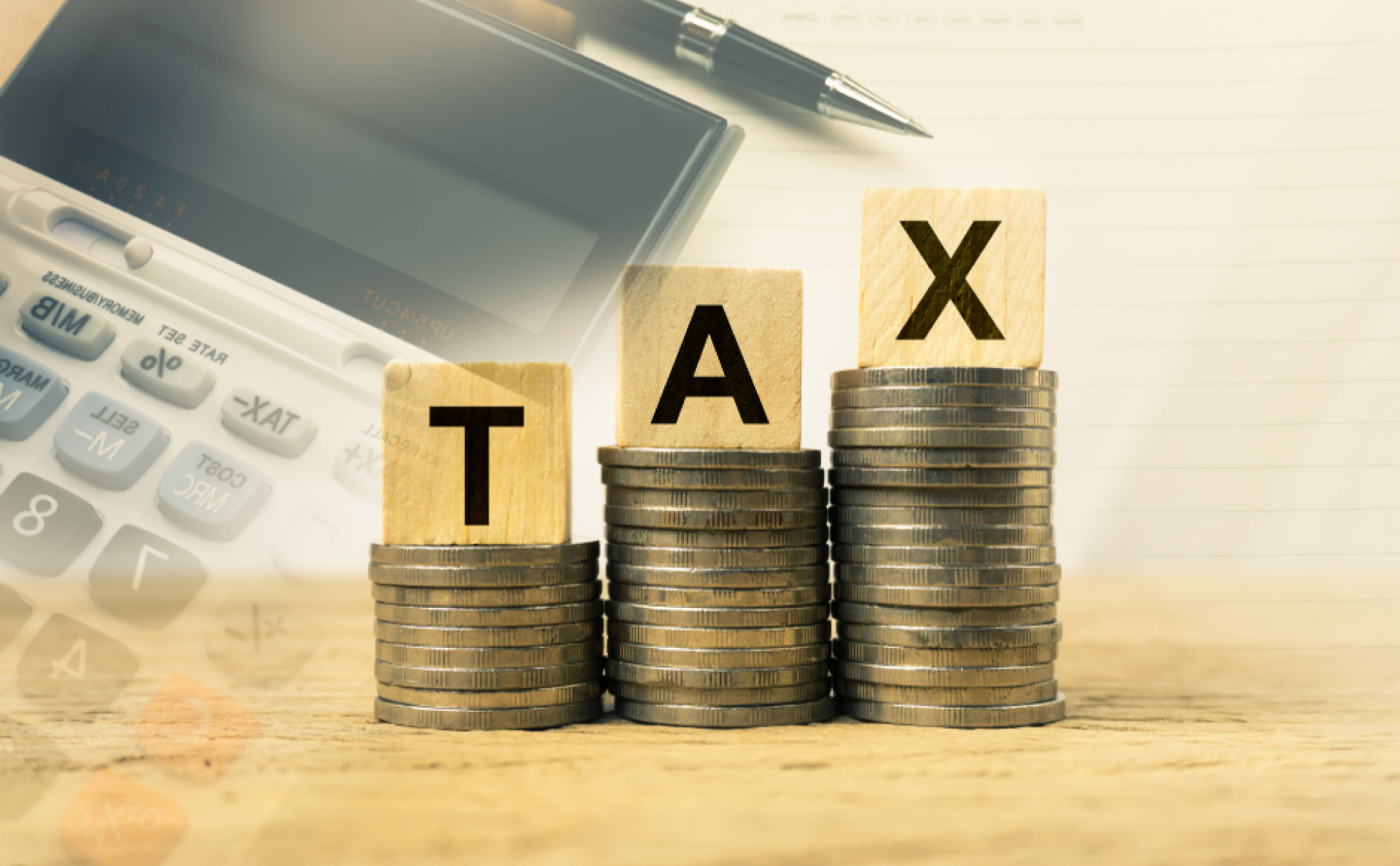The Federal Board of Revenue (FBR) has announced a significant procedural shift aimed at balancing tax enforcement with fairness. Under new provisions introduced through the Finance Act 2025, the FBR will now conduct public hearings before taking strict enforcement actions against sales taxpayers, including freezing bank accounts, seizing immovable property, or sealing business premises.
This initiative is part of a broader effort to encourage sales tax registration, ensure compliance from hard-to-tax sectors, and promote documentation of the economy. The move also seeks to ensure that enforcement actions are not arbitrary but follow due process and are in line with the principles of natural justice.
The changes are part of new sections—14AC, 14AD, and 14AE—inserted into the Sales Tax Act. These legal provisions empower the FBR to implement strict enforcement tools, including:
Bar on the operation of bank accounts
Ban on the transfer of immovable property
Sealing of business premises
Seizure of immovable property
Appointment of a receiver to manage business operations
These powers will only be exercised sequentially and after public hearings, to avoid causing undue hardship to genuine taxpayers or businesses.
According to the sales tax explanatory circular issued by the FBR on Monday, these enforcement measures are not meant to be punitive without cause. Instead, the FBR has emphasized that the measures will be applied only after proper hearings and procedural fairness.
The provisions under Section 14AE of the Sales Tax Act mandate that enforcement will follow these specific steps:
1. Issuance of a Public Notice
Before initiating any severe action, FBR must first issue a public notice of hearing. This ensures transparency and provides the taxpayer with prior knowledge of potential action.
2. Joint Hearing with Chamber of Commerce
A formal hearing will be held, jointly conducted by:
o A representative from the relevant Chamber of Commerce and Trade, and
o The concerned Inland Revenue officer
The taxpayer or business owner must be given ample opportunity to present their case. This provision ensures that enforcement actions are not taken unilaterally or without external input.
3. Public Disclosure of Decisions
After the hearing, decisions will be made public by:
o Publishing them on the FBR’s official website (https://www.fbr.gov.pk)
o Printing them in newspapers, ensuring broader access and public accountability.
These safeguards aim to protect businesses from abrupt disruptions while ensuring the FBR retains the tools needed to combat non-compliance.
The new framework reflects the government’s commitment to widening the tax net and bringing informal sectors into the formal economy. Pakistan has long struggled with a narrow tax base, and these measures—if implemented transparently—could bring meaningful change.
By involving business chambers, the FBR also seeks to reduce resistance from the business community, which has previously raised concerns about arbitrary and aggressive enforcement tactics.
These steps align with broader reforms being introduced in line with IMF recommendations and global best practices, particularly around transparency, fairness, and stakeholder engagement.
While the FBR has not yet commented on how these hearings will be scheduled or how disputes may be escalated, tax experts and business associations are expected to watch the implementation closely.
If properly executed, the hearings could serve as a model for other enforcement actions. On the other hand, delays or lack of transparency in hearings could raise fresh concerns about bureaucratic overreach or selective targeting.
To mitigate these risks, the FBR will need to consistently apply these rules across the board and ensure that hearing outcomes are published timely and accurately.
One of the main objectives behind the new enforcement framework is to encourage voluntary registration for sales tax. By providing a clear path for resolution and public review, the FBR hopes more businesses will come forward and register without fear of arbitrary enforcement.
The visible consequences of non-compliance—such as the bar on property transfers or bank account restrictions—will serve as a strong deterrent for chronic defaulters and unregistered entities.




